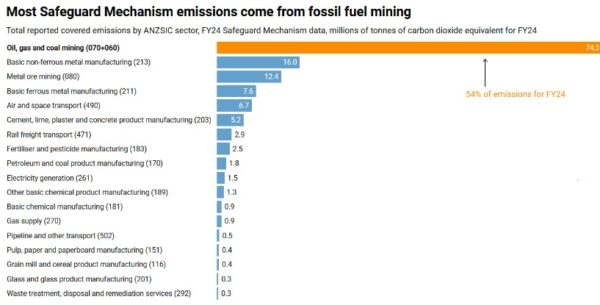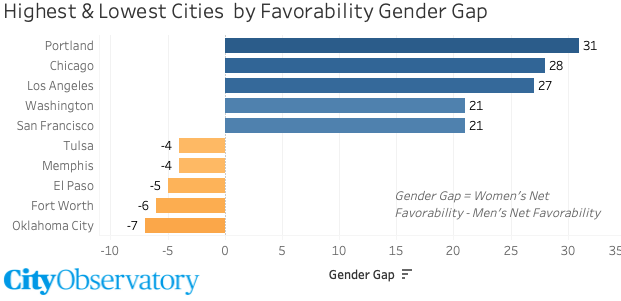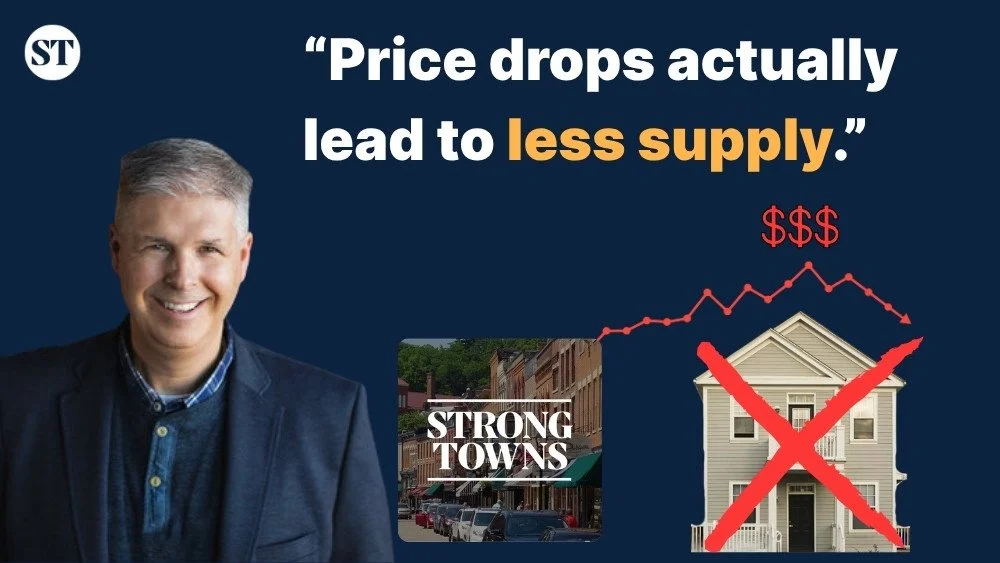For some Gen Zers, it’s already time to retire. A new trend known as “micro-retirement” has spread like wildfire on social media. It involves young adults working for a few years, quitting their jobs to pursue life experiences, and then repeating the cycle. While it is tempting to dismiss this trend, micro-retirement’s appeal to Zoomers reveals much about their unique perspective on life.
One popular influencer, Adama Lorna, made the case for micro-retirement in a TikTok video: “Instead of waiting until you’re 60 or 70 to travel the world and indulge in hobbies, you do them while you have your youth, your energy, and health.” As she sees it, micro-retirement is a way for young people to have their cake and eat it too. By “retiring” every few years, they’re able to reap the freedom that comes with retiree life while enjoying their youth.
Lifestyle guru Timothy Ferriss coined the term “micro-retirement” in his book titled The 4-Hour Workweek. Although it was written in 2007, it didn’t catch on among Millennials. The fact that Zoomers popularized a term coined while they were learning their ABCs suggests that something about their generational experience primed them for it.












